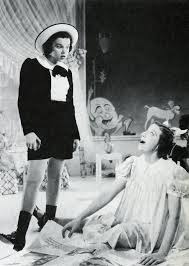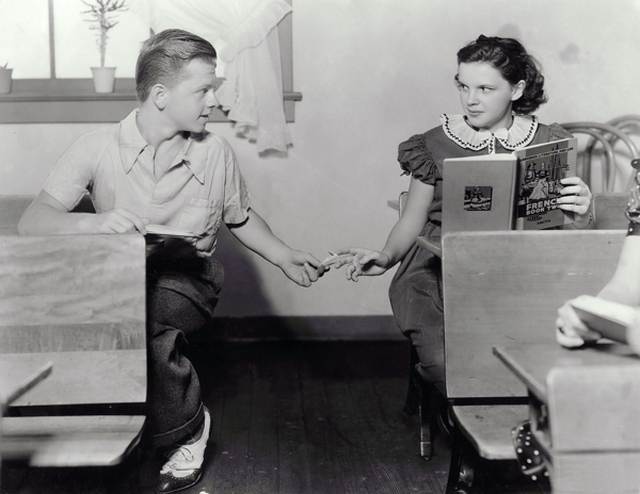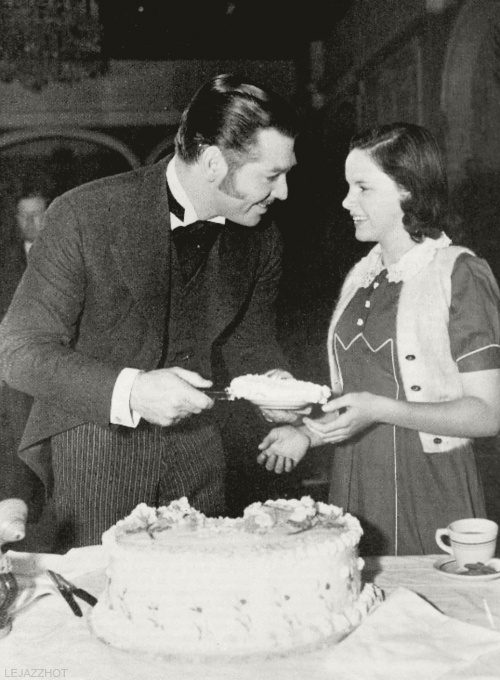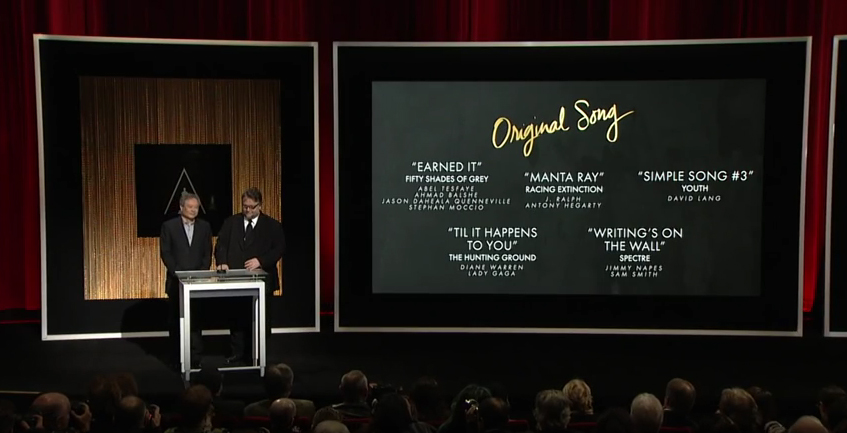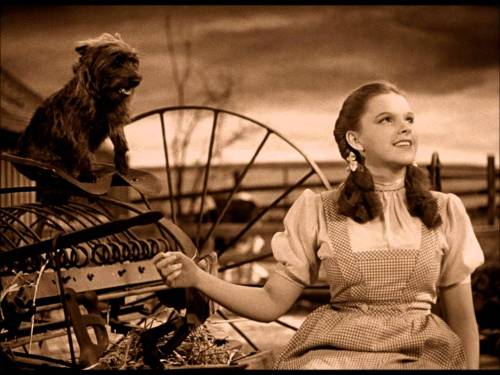Judy by the Numbers: "In Between"
 Wednesday, February 17, 2016 at 9:30AM
Wednesday, February 17, 2016 at 9:30AM Anne Marie is tracking Judy Garland's career through musical numbers...

At age 16, Judy Garland already had six pictures and three years as a studio contract player under her belt. Judy's seventh picture would reteam her with Mickey Rooney for her first in many guest appearances in the wildly popular Andy Hardy series. Judy was worked hard - rumors of how hard include studio "medication" and rigid diets - and over the course of her MGM career she would average 3 pictures per year. The result was studio stardom at the expense of self. But incredibly, she never showed it when she sang.
The Movie: Love Finds Andy Hardy (MGM 1938)
The Songwriter: Roger Edens
The Players: Judy Garland, Mickey Rooney, Lana Turner, Lewis Stone, Fay Holden directed by George B. Seitz
The Story: Young Judy was on a roll, but her biggest smashes were still to come. After the success of Thoroughbreds Don't Cry, it became clear to the studio that Judy and Mickey had something together--at least onscreen. Their lifelong friendship translated to innocent romance on celluloid, though offscreen Rooney was busy chasing the newly-minted "Sweater Girl" Lana Turner, who was only a year older than Judy. Turner plays a naive proto-vamp in Love Finds Andy Hardy too. It's telling that even though there's only a small difference between their ages, Turner was an overnight sex symbol while Judy was dressed in frills and sang about being "too young for boys." It was a false formula, but it worked. Judy would continue to play young and naive for the next 8 years.



